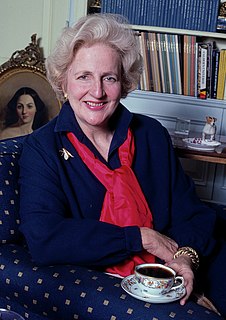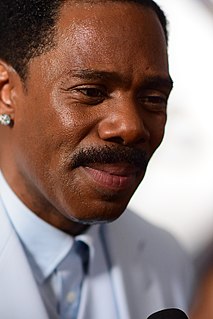A Quote by Sylvia Mathews Burwell
Can we have a conversation about the substance? That's what I welcome. We're happy to have those conversations if there are places where people think there can be improvements. We want competition in the system, so let's talk about that.
Quote Topics
Related Quotes
Conversations about films are always funny. I would say a majority of people want to talk about what were the more obvious successes; the big box office films. Other people wanting to be more sensitive to you want to talk about the ones that maybe didn't make a lot of money, but they think you might have a special feeling about. And then other people sometimes want to help you by suggesting that you should have done this or that in the movie, that that would have helped you a great deal in whatever capacity.
I am so proud of being a Paralympian because I think the Games are a very good platform for disabled persons to perform themselves. Within the Paralympics movement, it's not just talk about excellence; it's not just talk about the competition. It's also talk about the equality and how your world accepts those disabled people.
I think, at some level, we see young people all over the country mobilizing around different issues, in which they're doing something that I haven't seen for a long time. And that is, they're linking issues together. You can't talk about police violence without talking about the militarization of society in general. You can't talk about the assault on public education unless you talk about the way in which capitalism defunds all public goods. You can't talk about the prison system without talking about widespread racism. You can't do that. They're making those connections.
I normally don't initiate conversations with guys unless they want to talk about certain things - when I'm at the facility, I'm there to play football. If you want to talk about the meaning of life, games, whatever, I'm more than happy to, but when I'm in that building, I'm being paid to play football. Conversely, when I'm not at the facility, that's my life to live.
We should be able to have a conversation about immigration; we should be able to have a conversation about what skills we want to have in the U.K. and whether we need to go out of the U.K. in order to get them to boost our economy, and I don't think we should have a situation where we can't talk about it.
I think, if you can only talk about your stuff in a jargonistic way, you're not as smart as you think. You're alienating people who deserve to have a conversation, or a place in the conversation. If you take the complete inverse and are staunchly anti-intellectual, then I think there's a certain amount of resentfulness in that. There's something about that standpoint that feels a little bit insecure.
I hired a publicist once I got cast in 'Passing Strange,' and one of the first conversations we had was about how I wanted to handle talking about my sexuality. I said, 'It's never been an issue for me. I want to talk about my work, but if something about myself relates to my work, of course I'll talk about it.'




































